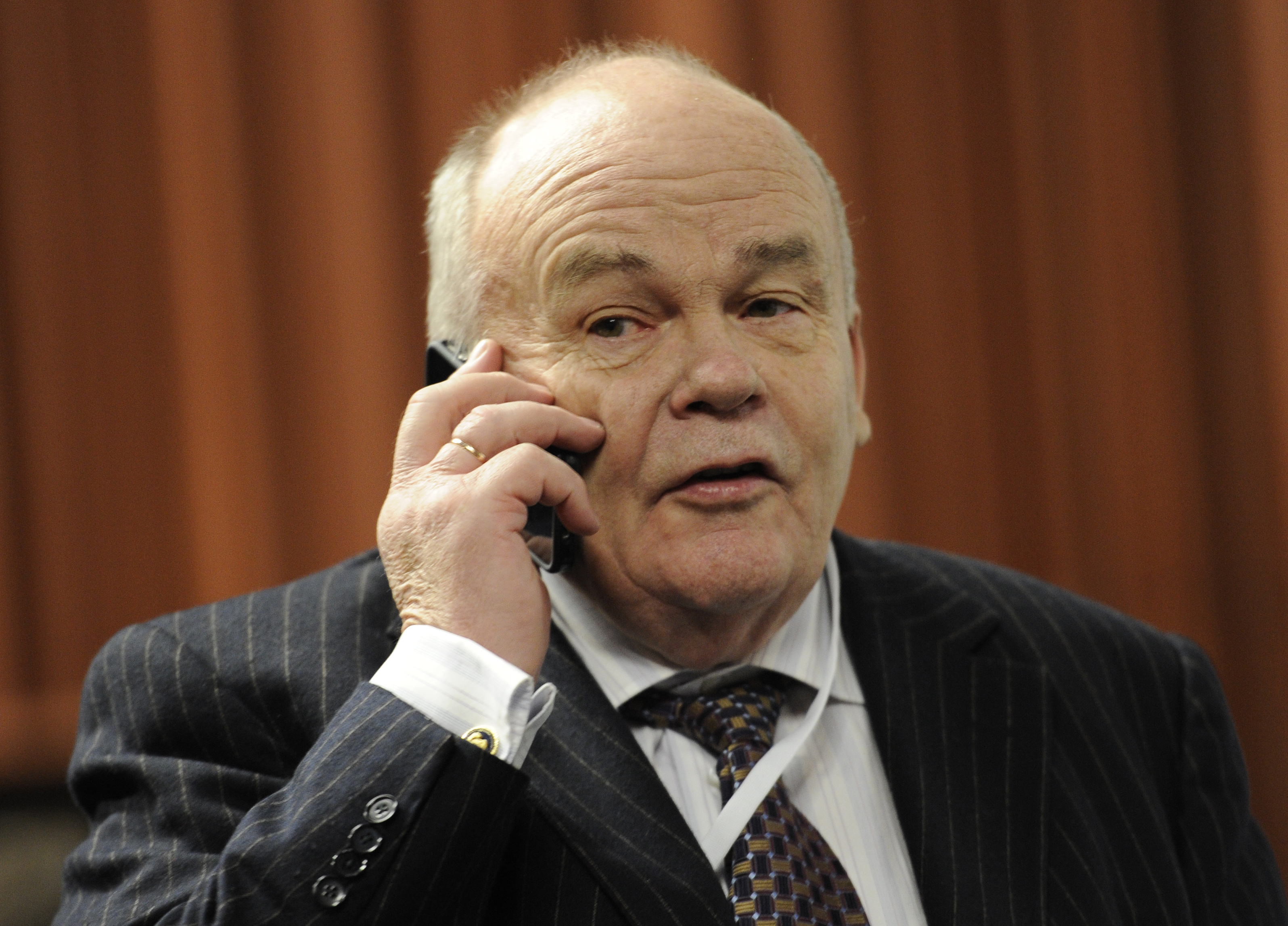ID :
349238
Wed, 11/26/2014 - 10:22
Auther :
Shortlink :
https://oananews.org//node/349238
The shortlink copeid
World situation to cause no effects on cooperation over ITER project - Velikhov

MOSCOW, November 25. /TASS/. The foreign policy situation will cause no major effects on international cooperation under the project for creating the experimental thermonuclear reactor ITER, the president of the Kurchatov Institute, Yevgeny Velikhov, has said.
The ITER project involves the European Union, India, the Republic of Korea, Russia, the United States and Japan. It is seen as a potential inexhaustible source of ecologically clean energy.
“ITER is not just a technical installation, it is a technological platform for the development of thermonuclear power in the future,” Velikhov said, when asked if he saw any risks the current world situation might influence the project,” the ITER project centre’s press-service quotes Velikhov as saying. “It is an international project and a rather stable one. To leave ITER a participant will have to be through a rather complex procedure.”
The director of the ITER in Russia, Anatoly Krasilnikov, believes that for Europe, which bears 45 percent of the ITER costs, the project is a vital need.”
“Should Europe leave, it would be rather risky. The secession of any other project participant will be critical,” he said.
As TASS said earlier, Russia’s investment in the ITER project would reach nearly 8 billion roubles by 2016. In 2014 Russia’s industrial contribution stood at 5 billion roubles.
The costs of building an international experimental reactor keep growing, as the launch has been repeatedly postponed. At this point the project’s costs stand at 15 billion euros, whereas the original estimate was 10 billion euros. Experts believe that another considerable delay may push up the costs by another 40 percent.
Controlled thermonuclear fusion is to imitate processes underway on the Sun, resulting in the release of immense amounts of energy. Some experts hope thermonuclear fusion plants might become one of the most promising sources of energy in the near future.
The original plan was to stage the first experiment to generate plasma in 2018. Then the launch date had to be postponed till 2020. The year 2027 was set as the date for getting stable burning plasma. In October there were reports the reactor’s launch may be delayed by another two or three years.
Read more





